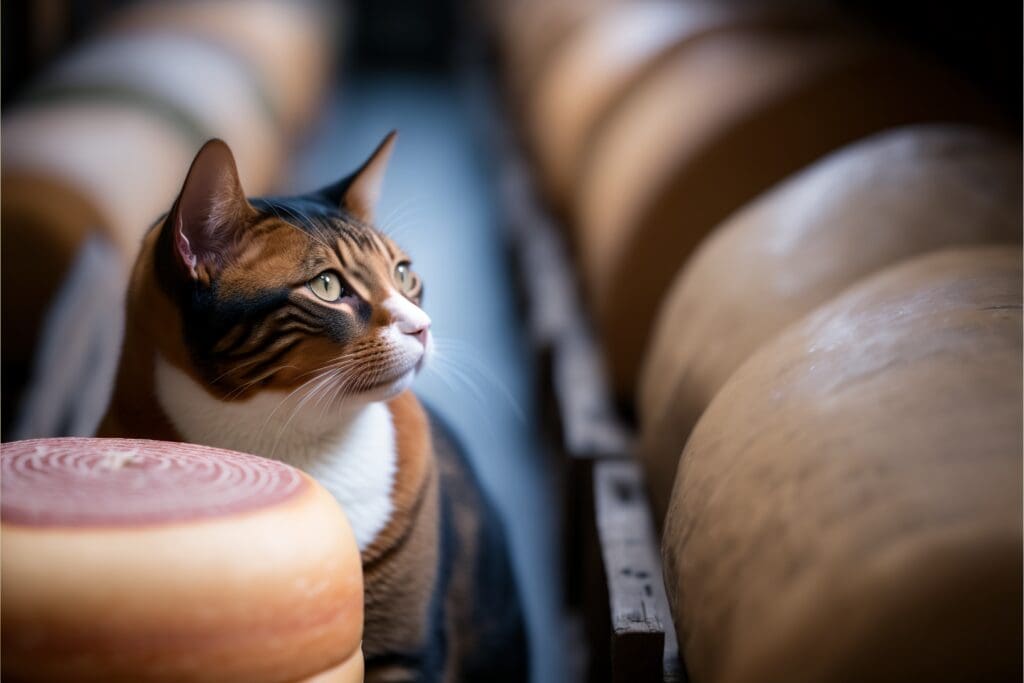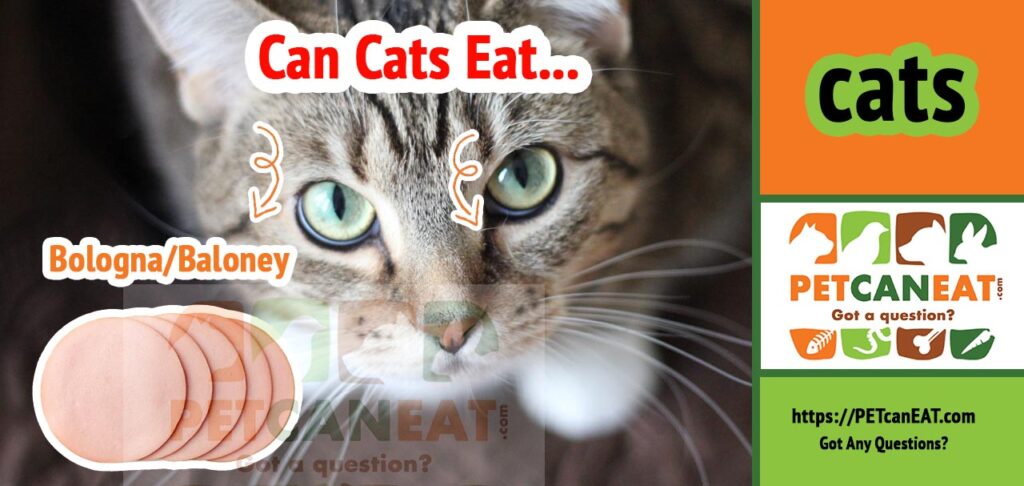Cats are known for their curious nature and their tendency to explore different types of food. As a cat owner, it is important to be aware of what foods are safe for your feline friend to consume. One common question that arises is whether cats can eat bologna. In this article, we will delve into the topic of cats and bologna, exploring the potential risks and benefits associated with feeding this processed meat to your furry companion.

The Safety of Bologna for Cats
Bologna is a type of processed meat that is typically made from a mixture of ground pork, beef, or poultry. It is often seasoned and cured, giving it a distinct flavor. While bologna may be a popular choice for human consumption, it is not an ideal food for cats.
Cats have specific dietary requirements that differ from humans. Their bodies are designed to thrive on a diet that is high in animal protein and low in carbohydrates. Bologna, on the other hand, is high in sodium, fat, and preservatives, which can be harmful to cats if consumed in large quantities.
Potential Risks of Feeding Bologna to Cats
Feeding bologna to your cat can pose several risks to their health. The high sodium content in bologna can lead to dehydration and kidney problems in cats. Additionally, the high fat content can contribute to obesity and other related health issues.
Furthermore, bologna often contains seasonings and additives that may be harmful to cats. Ingredients such as garlic and onion powder, commonly found in processed meats, can be toxic to felines and may cause gastrointestinal upset or even damage to their red blood cells.
Alternatives to Bologna for Cats
Instead of feeding your cat bologna, it is recommended to provide them with a balanced and nutritionally complete diet specifically formulated for feline needs. High-quality commercial cat food brands offer a wide range of options that meet the nutritional requirements of cats.
These cat foods are formulated to provide the necessary nutrients, including essential amino acids, vitamins, and minerals, that cats need to thrive. Additionally, they are carefully balanced to ensure the right ratio of protein, fat, and carbohydrates for optimal feline health.
The Importance of Consulting a Veterinarian
If you have any concerns or questions regarding your cat’s diet, it is always best to consult with a veterinarian. They can provide personalized advice based on your cat’s specific needs and health conditions. A veterinarian can recommend the most suitable diet for your cat, taking into consideration their age, weight, and any underlying medical conditions.
Conclusion
In conclusion, while cats may be curious about bologna, it is not a suitable food for them. The high sodium, fat, and preservative content in bologna can pose health risks to cats. It is important to prioritize their nutritional needs and provide them with a balanced diet that is specifically formulated for feline health. If you have any concerns or questions about your cat’s diet, consult with a veterinarian for professional guidance.
FAQs
- Can cats eat bologna in small amounts?
-
While small amounts of bologna may not immediately harm your cat, it is still not recommended. The high sodium, fat, and preservative content can have negative long-term effects on their health.
-
Are there any safe alternatives to bologna for cats?
-
Yes, there are plenty of safe alternatives to bologna for cats. High-quality commercial cat foods provide the necessary nutrients for feline health and are a much better choice.
-
What should I do if my cat accidentally eats bologna?
-
If your cat accidentally consumes bologna, monitor them for any signs of gastrointestinal upset or discomfort. If symptoms persist or worsen, consult with a veterinarian.
-
Can cats eat other types of processed meats?
-
It is generally best to avoid feeding cats any type of processed meats, as they often contain high levels of sodium, fat, and preservatives that can be harmful to feline health.
-
How can I ensure my cat’s diet is nutritionally complete?
- To ensure your cat’s diet is nutritionally complete, opt for high-quality commercial cat foods that are specifically formulated to meet feline nutritional needs. Consult with a veterinarian for personalized advice.

